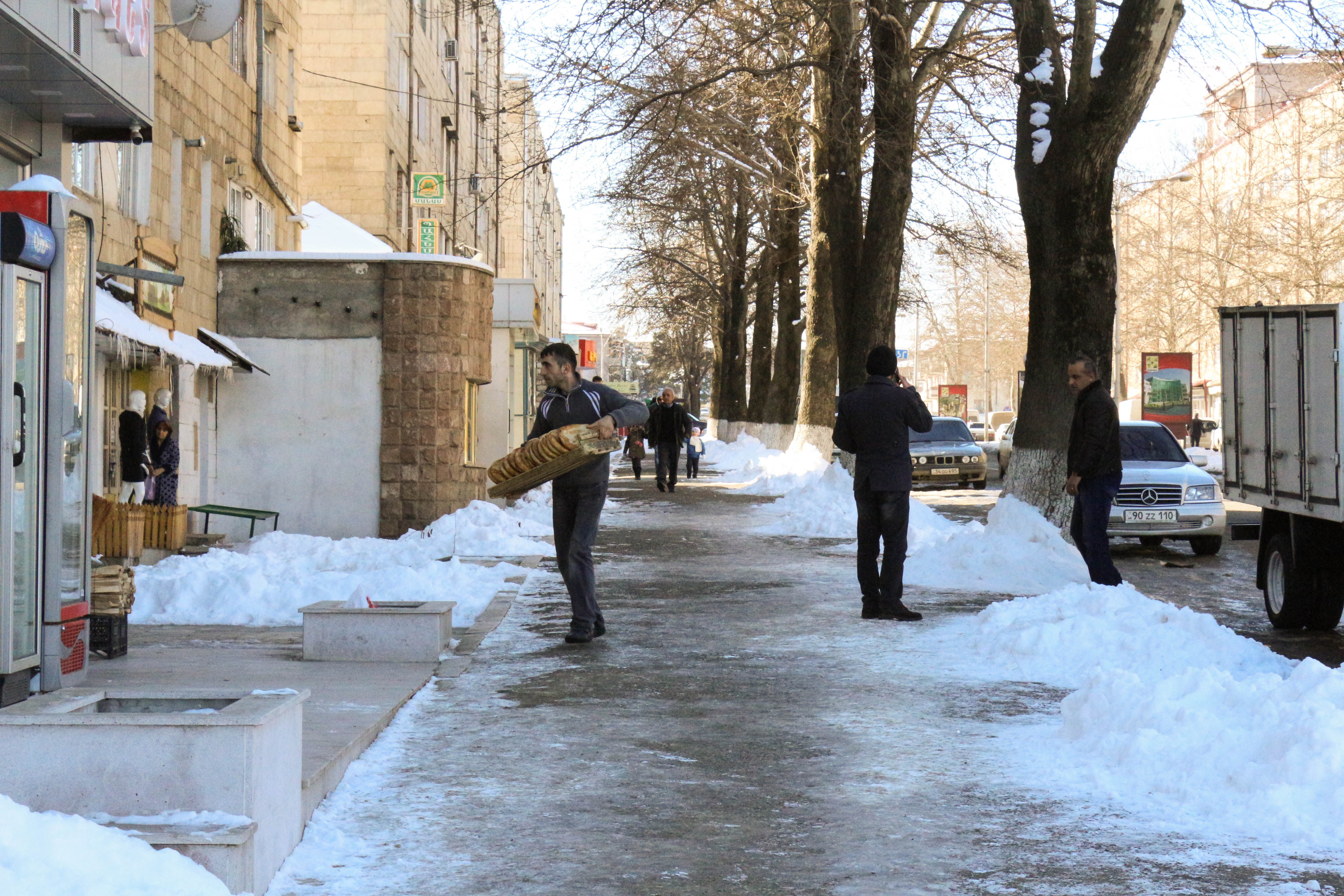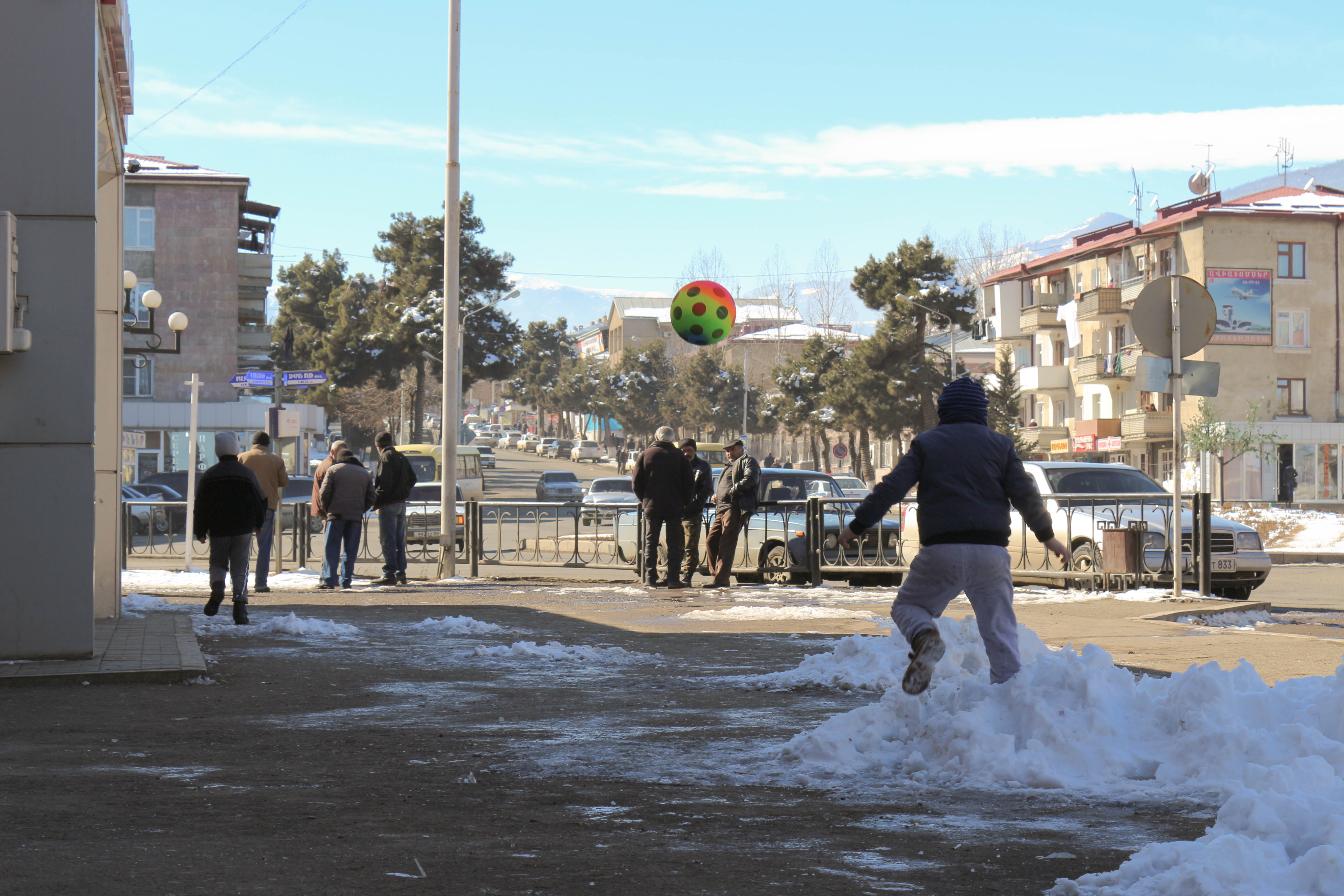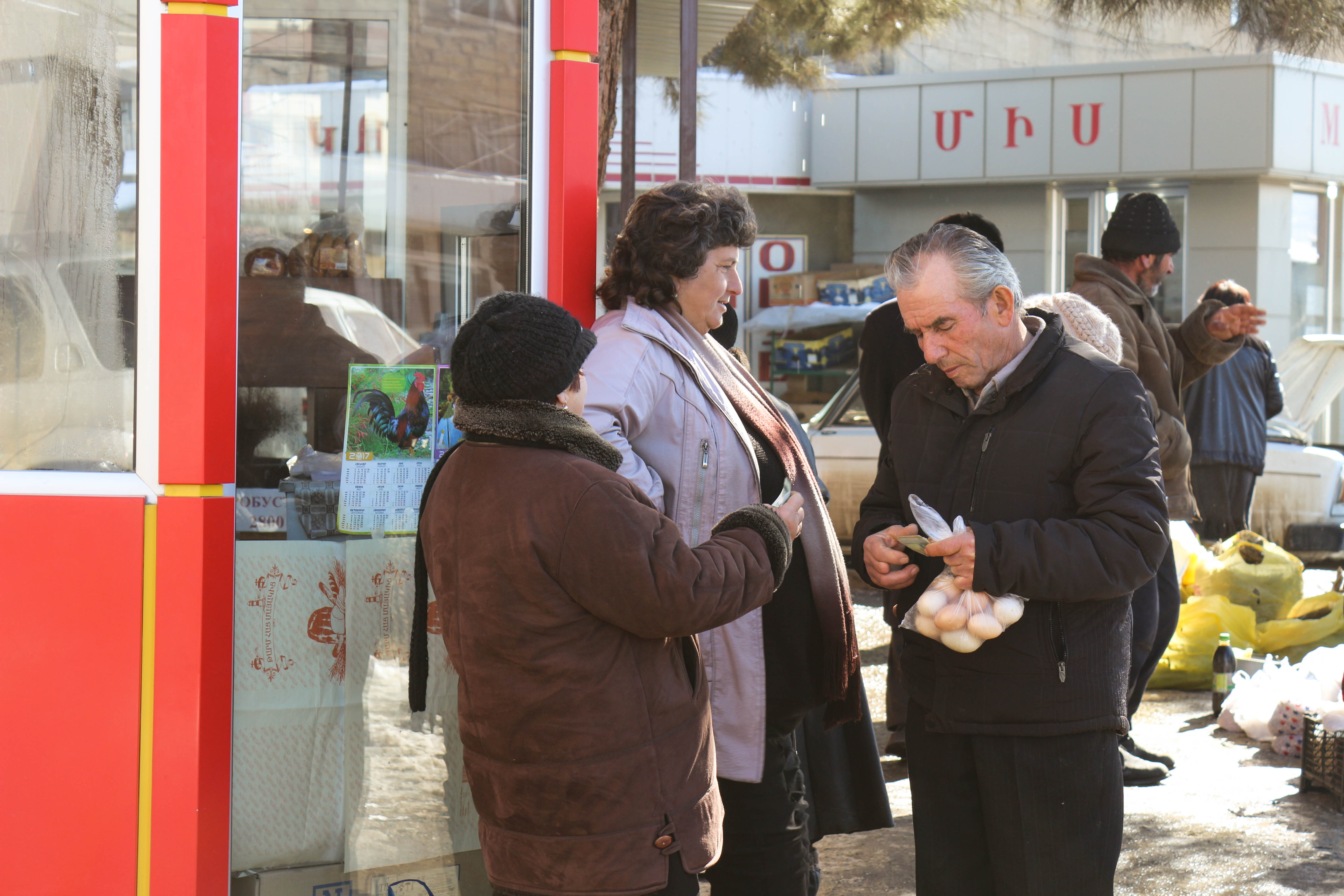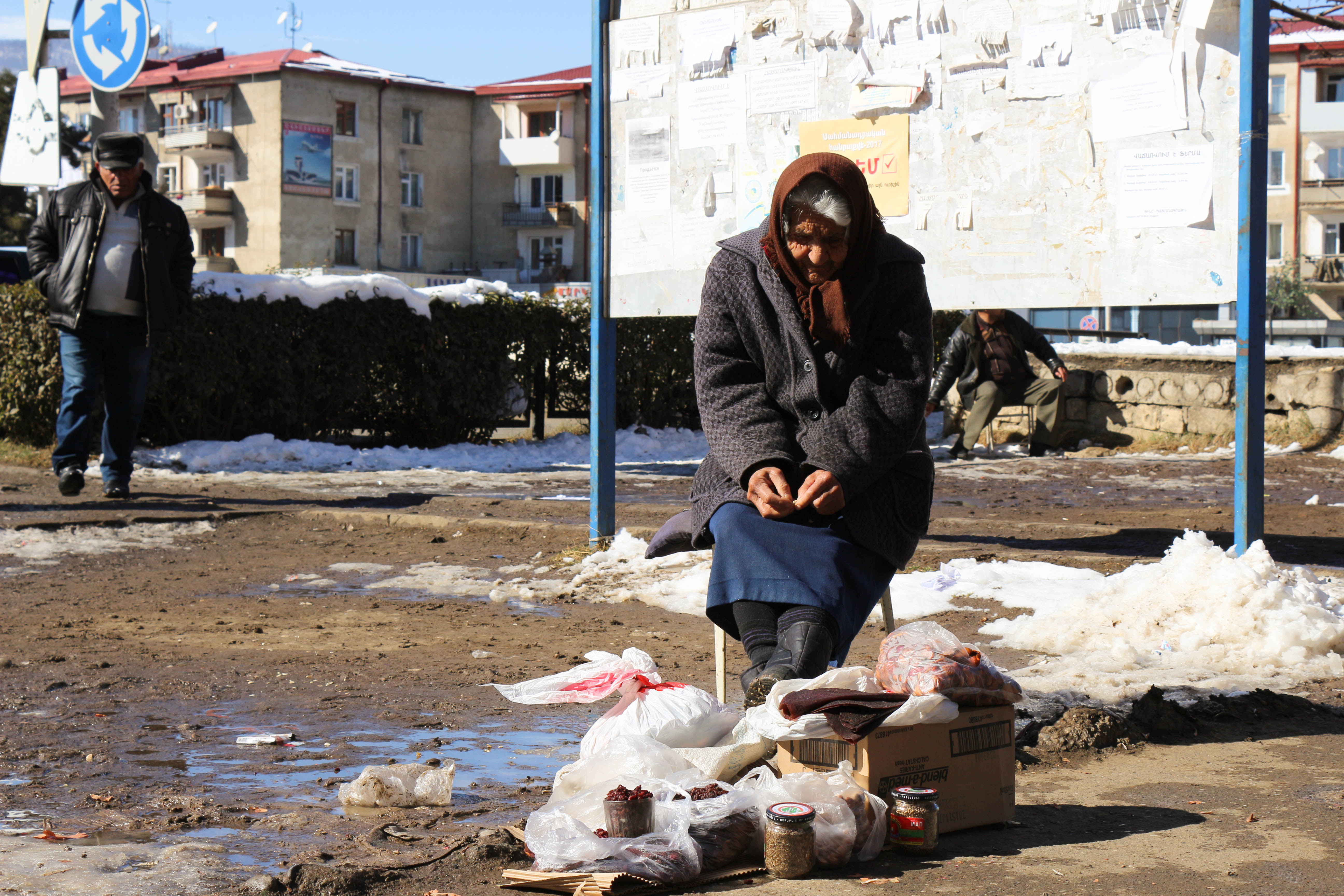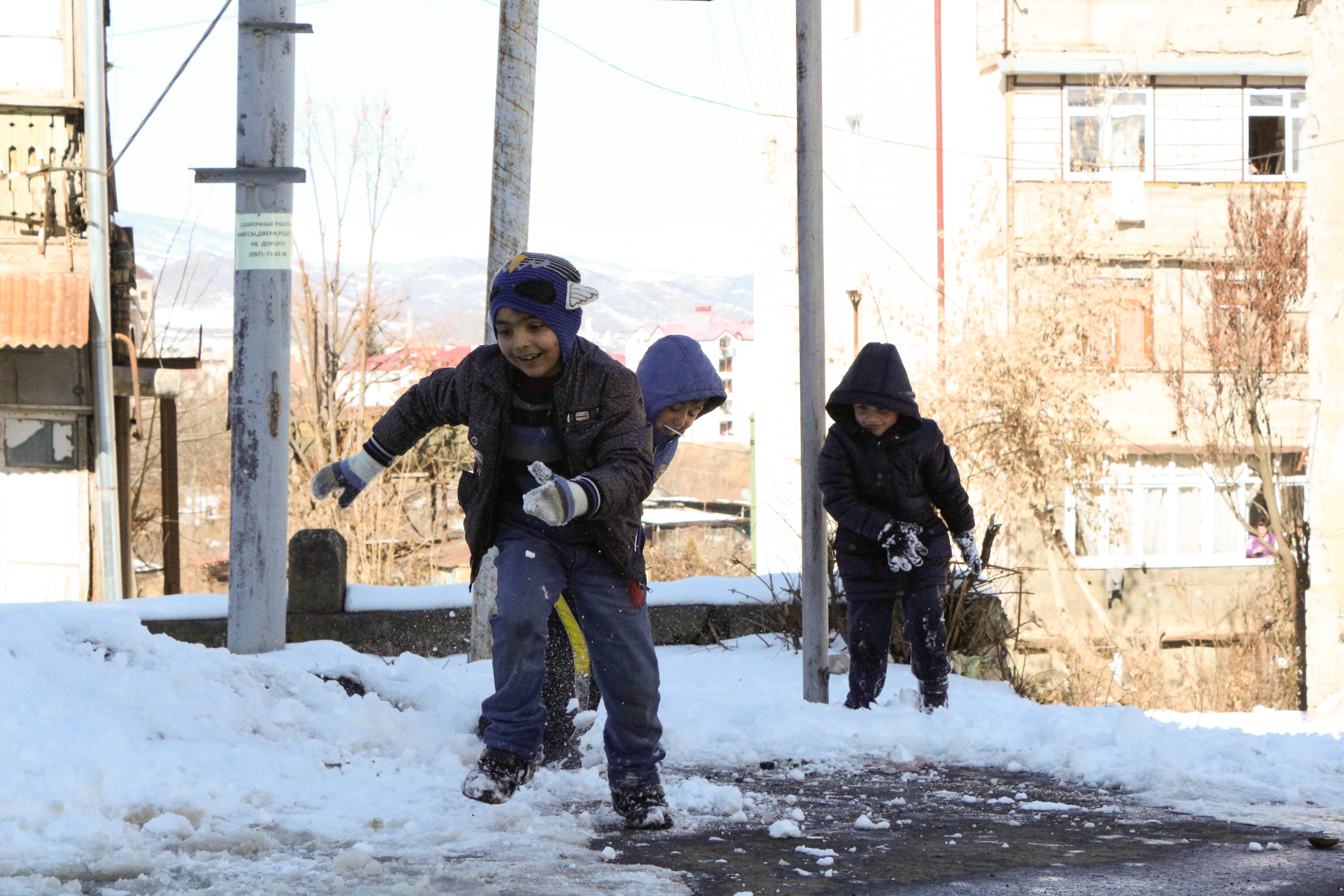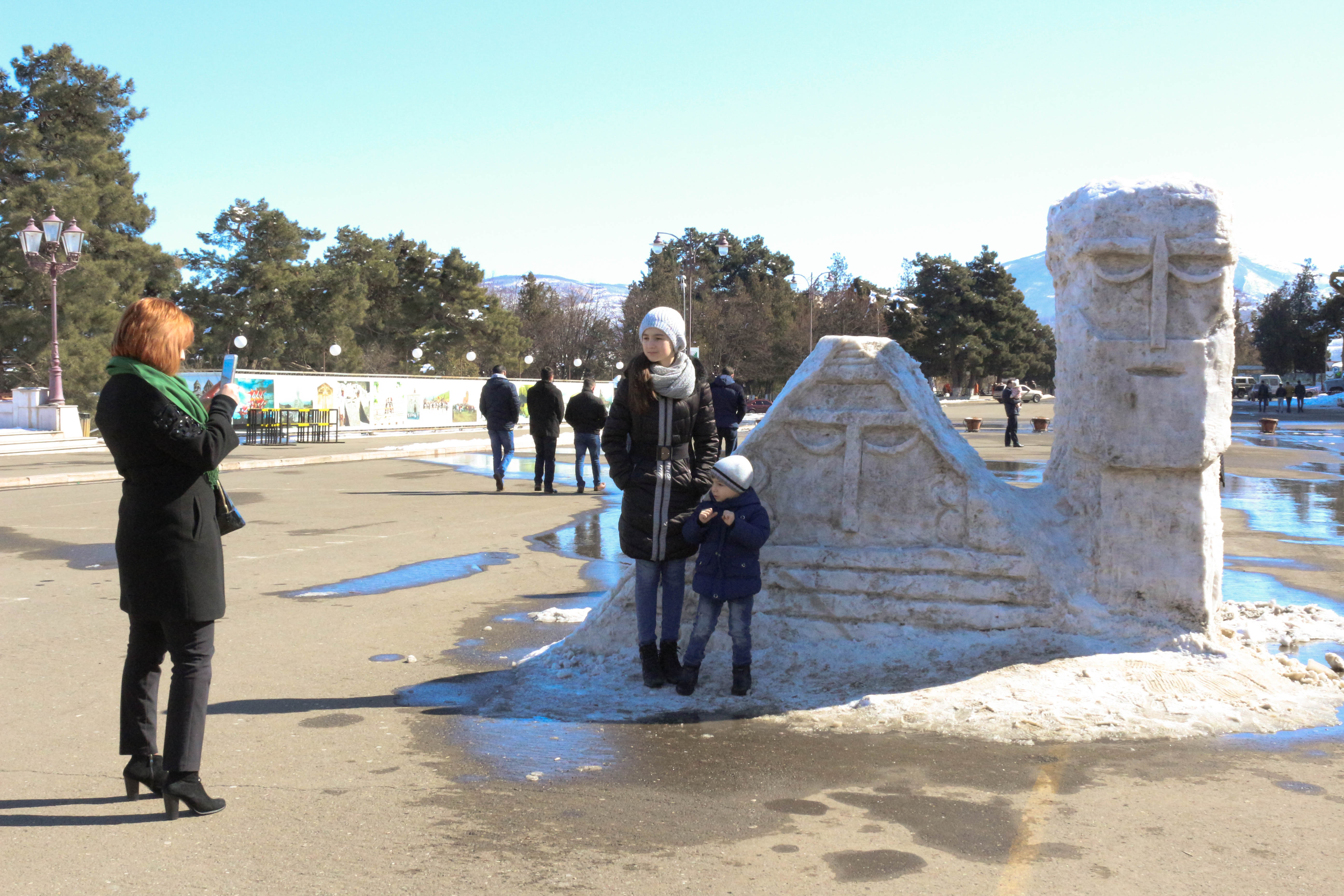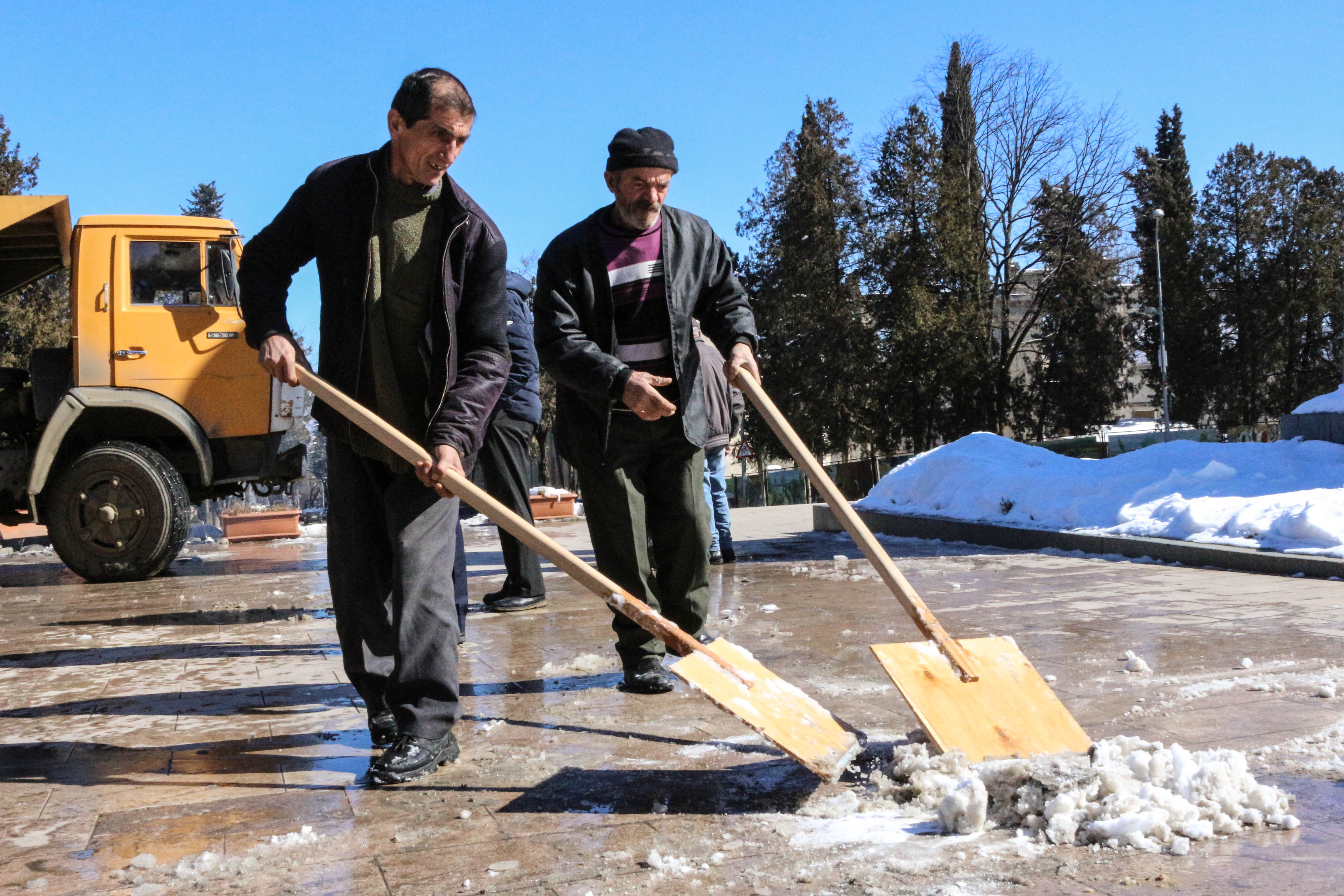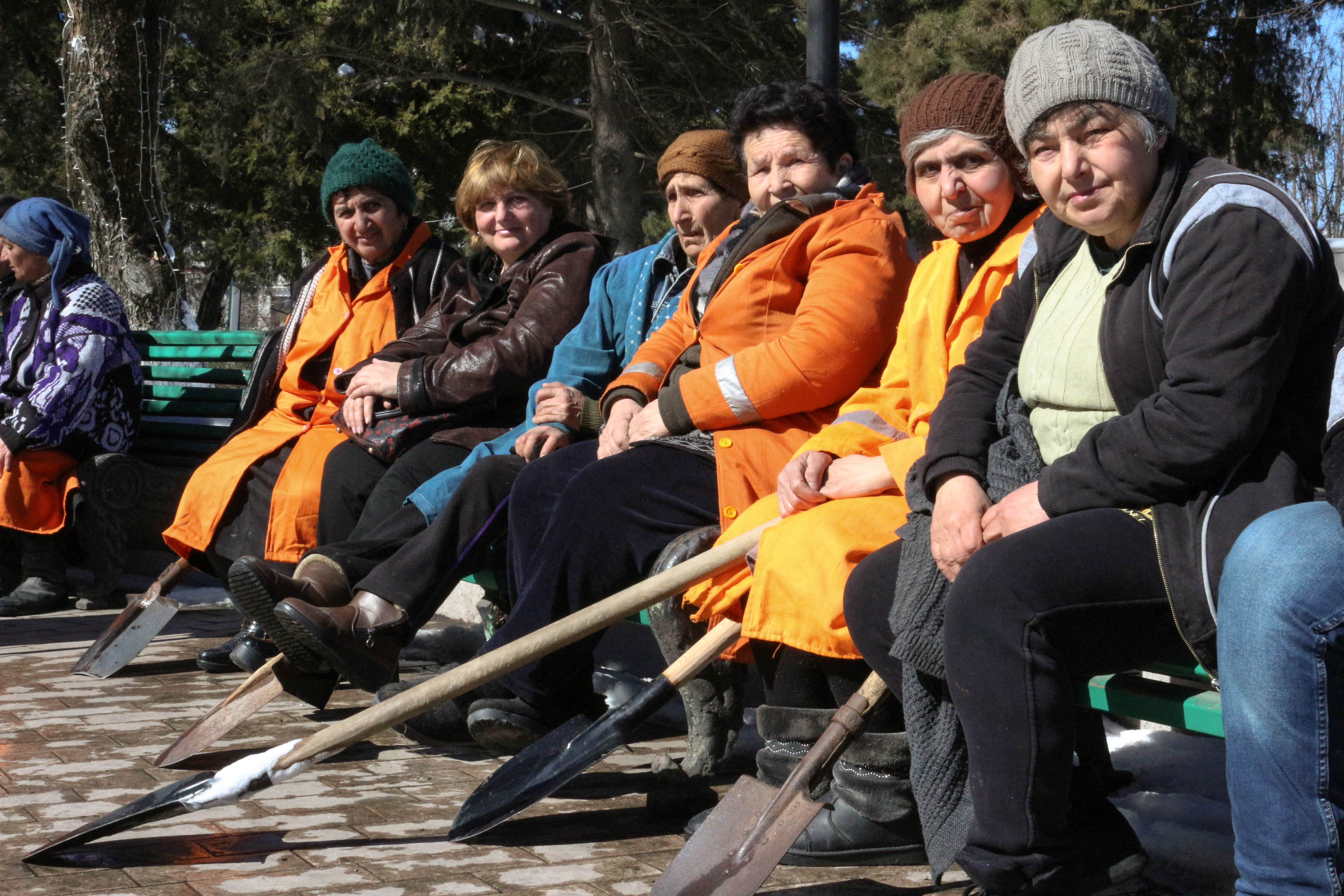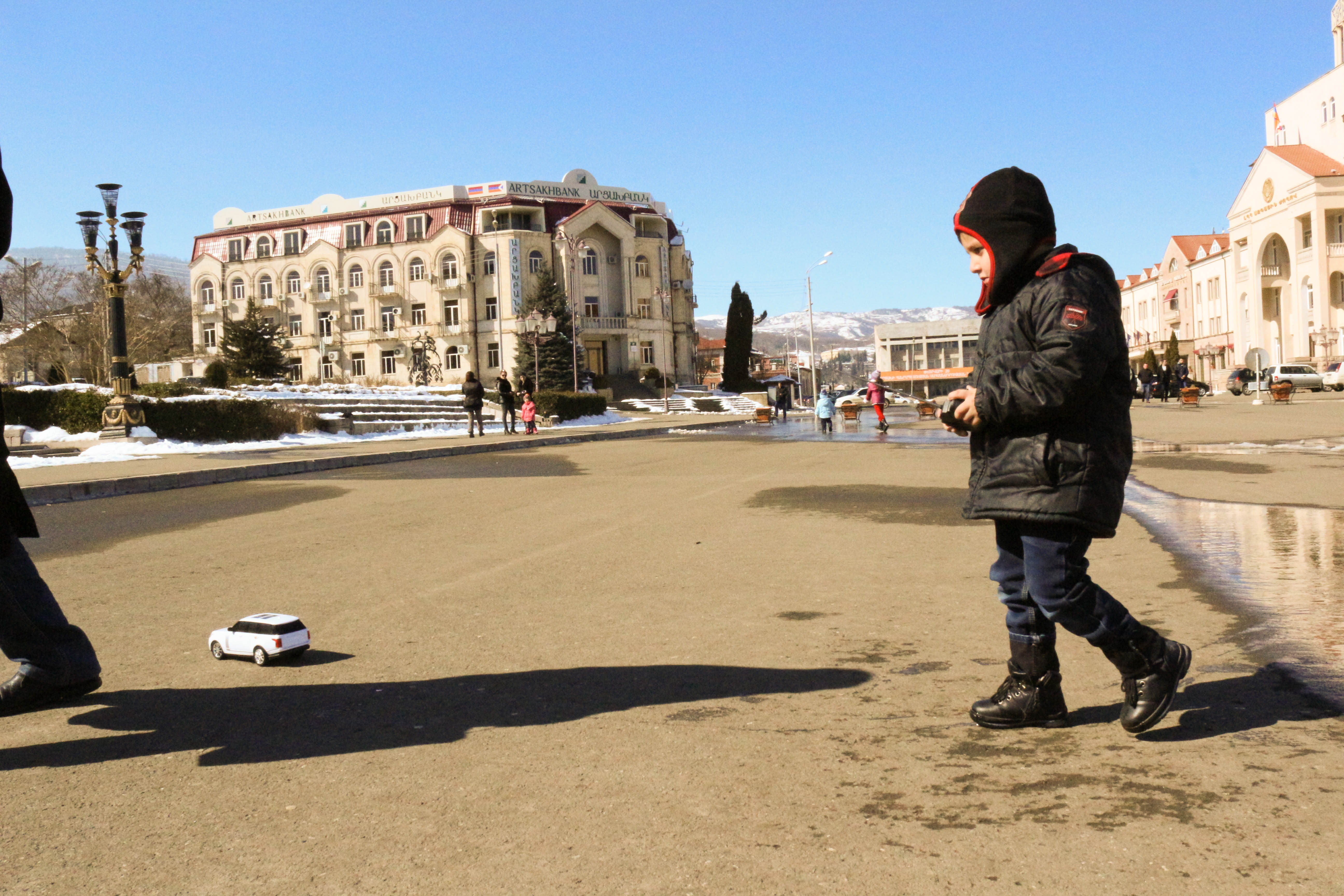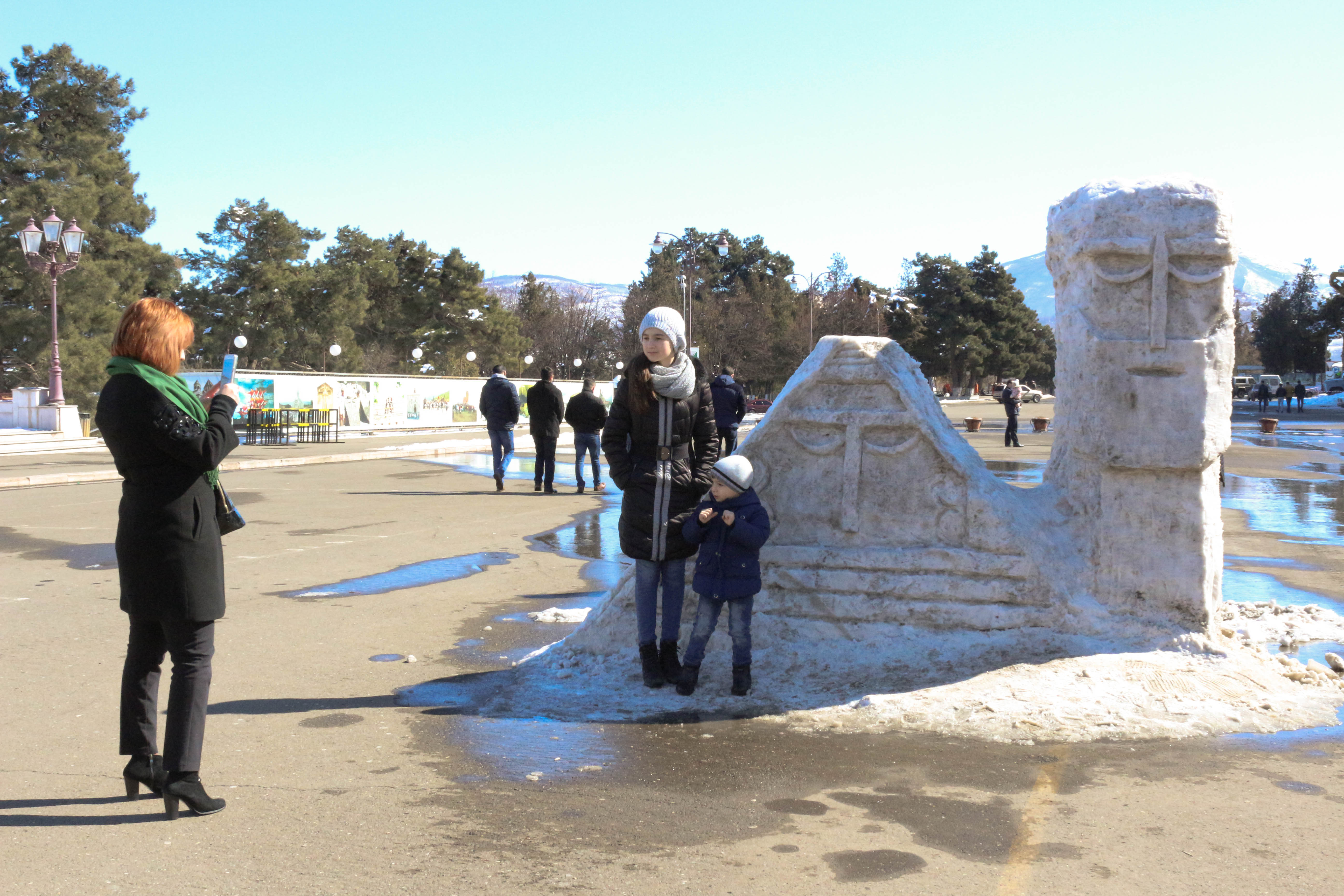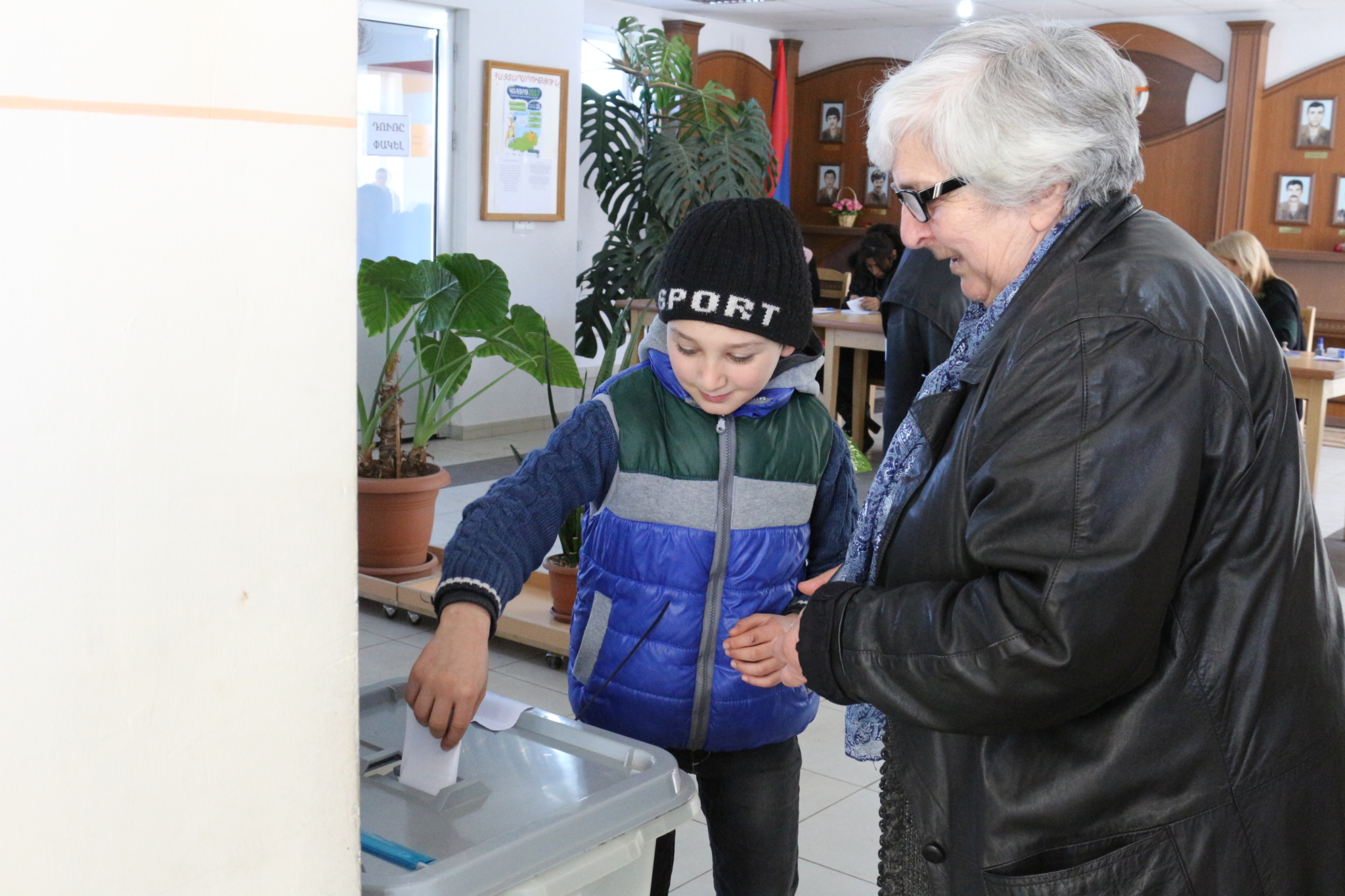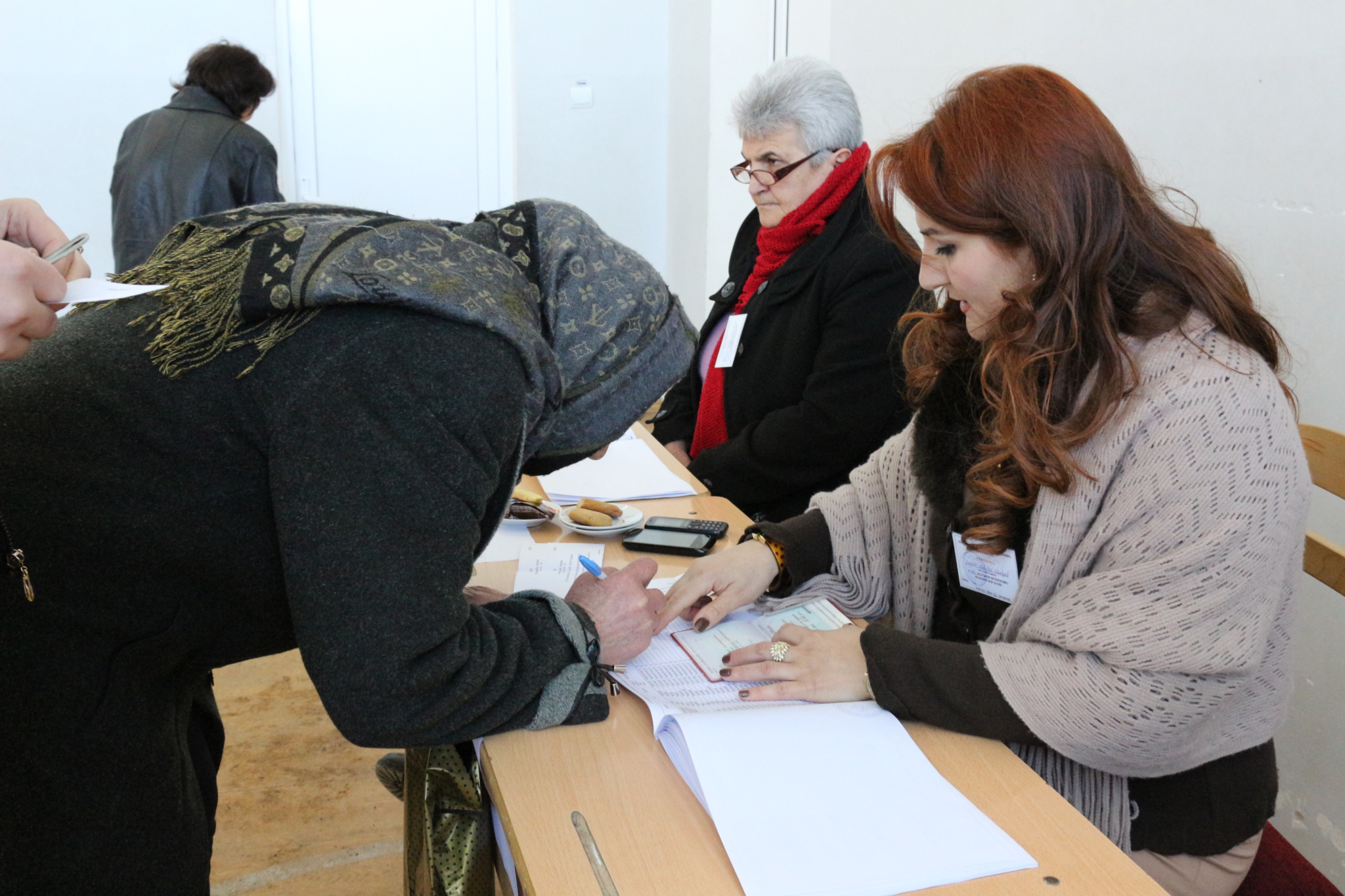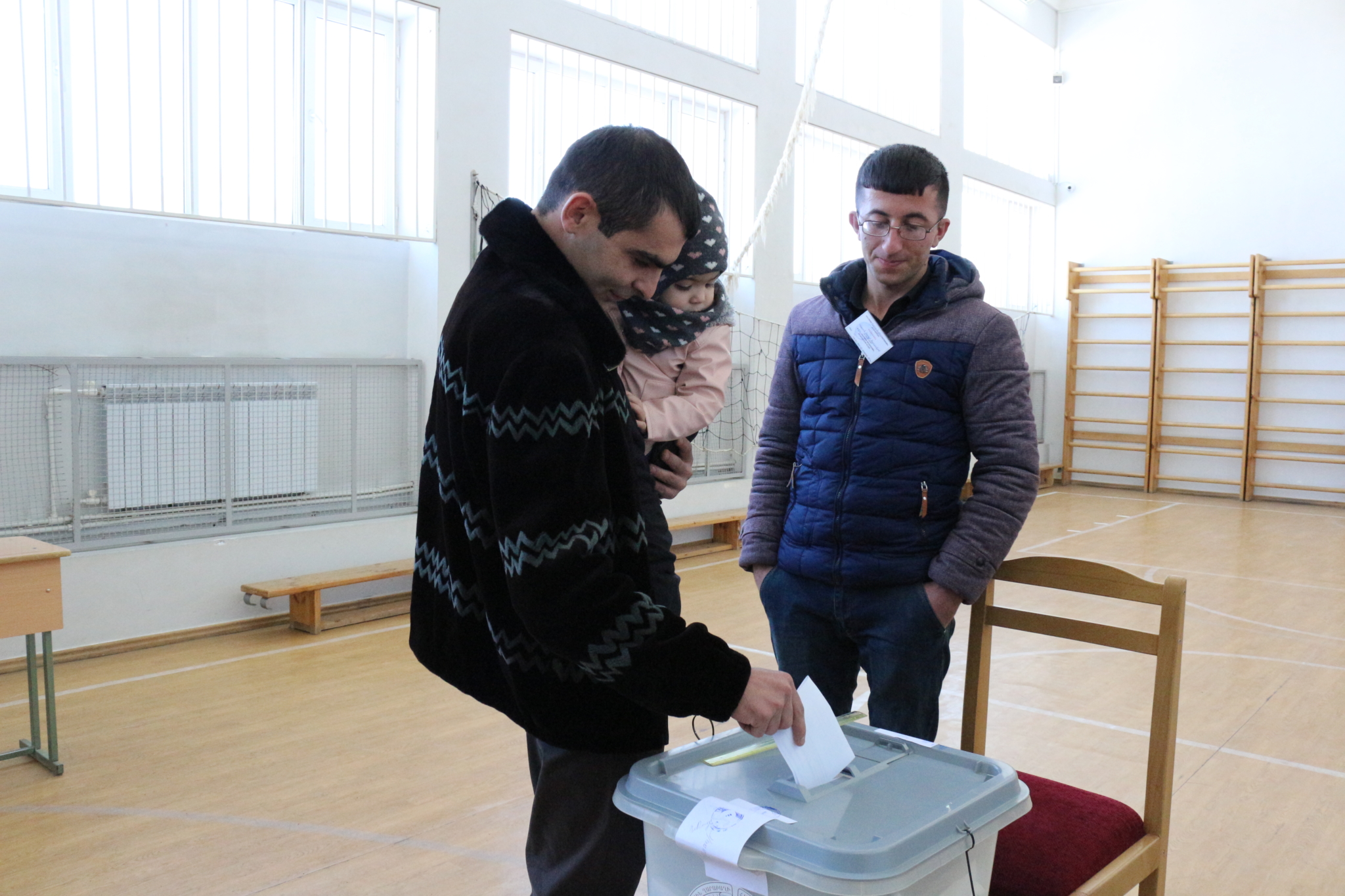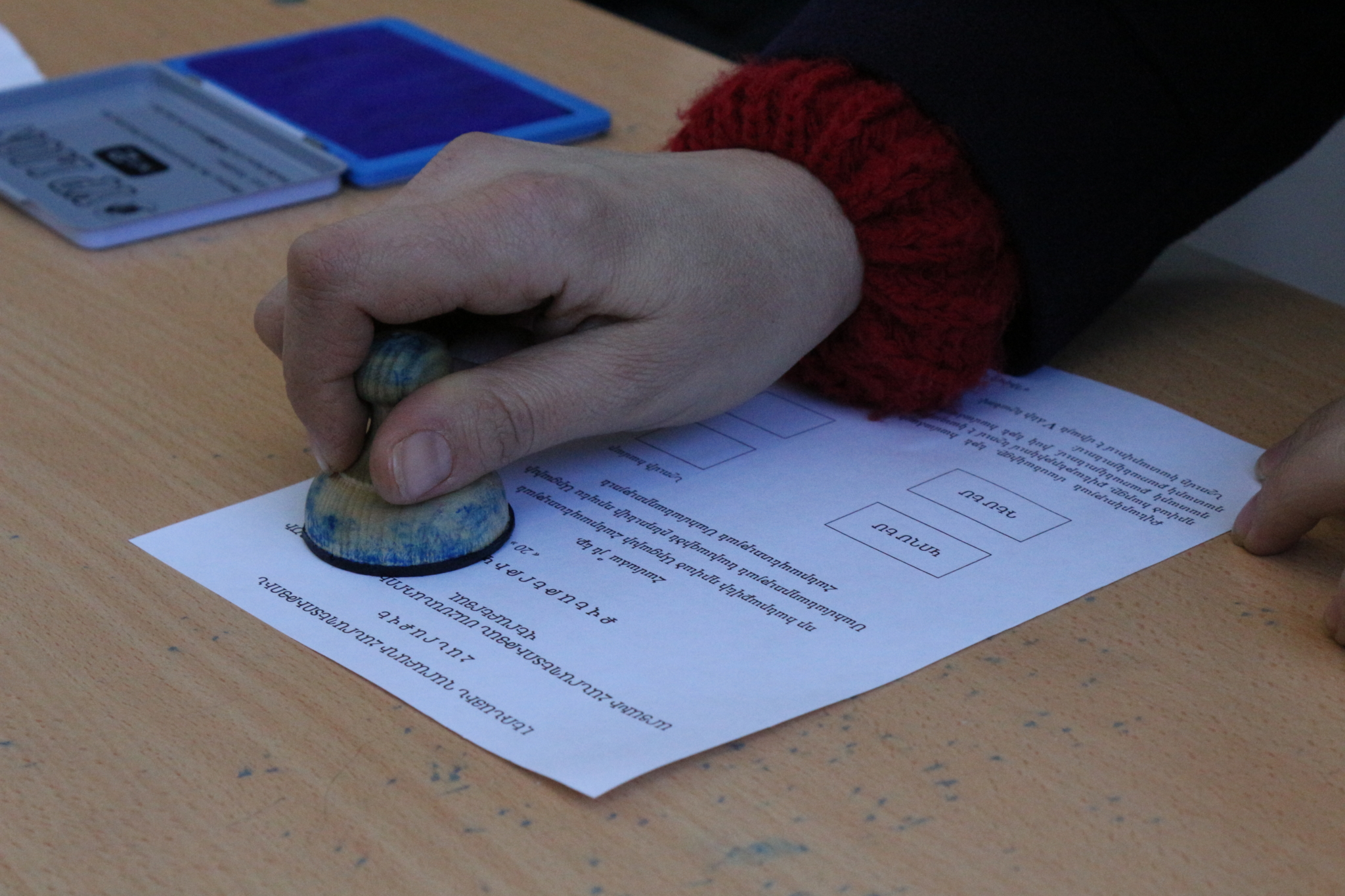What do people in Stepanakert think about proposed constitutional change
Nagorno-Karabakh is weighing in on a new constitution today, February 20
The constitution put to the vote ushers in a presidential system of government in Nagorno-Karabakh, while also expanding the parliament’s powers.
Until now, Karabakh’s was a semi-presidential system of government based on a 2006 constitution.
We surveyed people in the streets of Stepanakert, the republic’s main city, asking them why they supported – or didn’t support – the referendum
Trend one: we need security
One view reiterated throughout the survey was that the government must find a way to secure peace for the war-ridden region. As nine soldiers had been killed in February alone on the line of contact between the Karabakhi and Azerbaijani armed forces, most respondents said they were ready to vote to increase the presidential powers if that was what it took to make life safer for them.
Anush Mkrtchyan is one of them. Her husband, Gegham, was killed during the violent outbreak of the conflict in April 2016. Things that used to be his – a mobile phone, a bottle of eau-de-Cologne, some military service medals, still lie neatly on a shelf in their family home. He died, never having had the chance to find out that Anush was pregnant with their first child. Elmira is now three months old.
Anush will not be going to the referendum, as she has no one to look after her little one while she’s gone to cast her vote. But if she did go, she said, hers would be a yes vote.
“I don’t care what kind of a government system it’s going to be, they know better,” she said. “A government must protect its citizens. People should not get killed, and making sure that they don’t is the task [before any government].
Trend two: patriotism
Other respondents viewed voting for the new constitution as an act of patriotism.
Mariam, a consultant in a grocery store, spoke scornfully of her fellow countrymen who opposed the constitutional changes.
“The war is still on, and the last thing we need is political strife,” she said.
“The government has been doing its best to ensure that we have a decent life. Whatever they do they do it for our homeland. And I love my homeland, which is why I will vote “yes”.
Trend three: going with the flow
“I will do as others will” was the third most common response in our survey.
Grandma Lucy is 86 years old. For ten years now, she’s been selling sunflower seeds, for 50 drams [about 11 USD cents] per small cup, to supplement her pension. On a good day she may sell seven cups of seeds, allowing her to buy not only bread, but also some sour cream to go with it.
“I don’t know which box I will tick yet, but, definitely, it will be the one they will advise,” Grandma Lucy said, omitting to clarify who exactly she was looking up to for voting advice.
Trend four: referendum is not going to make things easier for ordinary people
A great number of our respondents spoke against the referendum. The authorities should be busy working to alleviate the widespread poverty in the republic, rather than trying to change government system, they said.
Boris is 50, but he looks older than that. His working days as a street cleaner start well before dawn. Recent snowfalls have made it particularly hard for him.
“What happy days I’ve had in my whole life can be counted on the fingers of one hand,” Boris said. “The new system of government is not going to solve our problems, and I will still have to cope on my own, only having my spade and broom to rely on. I will vote against it, even though I know that everything has already been decided, and my vote is not going to change anything.”
